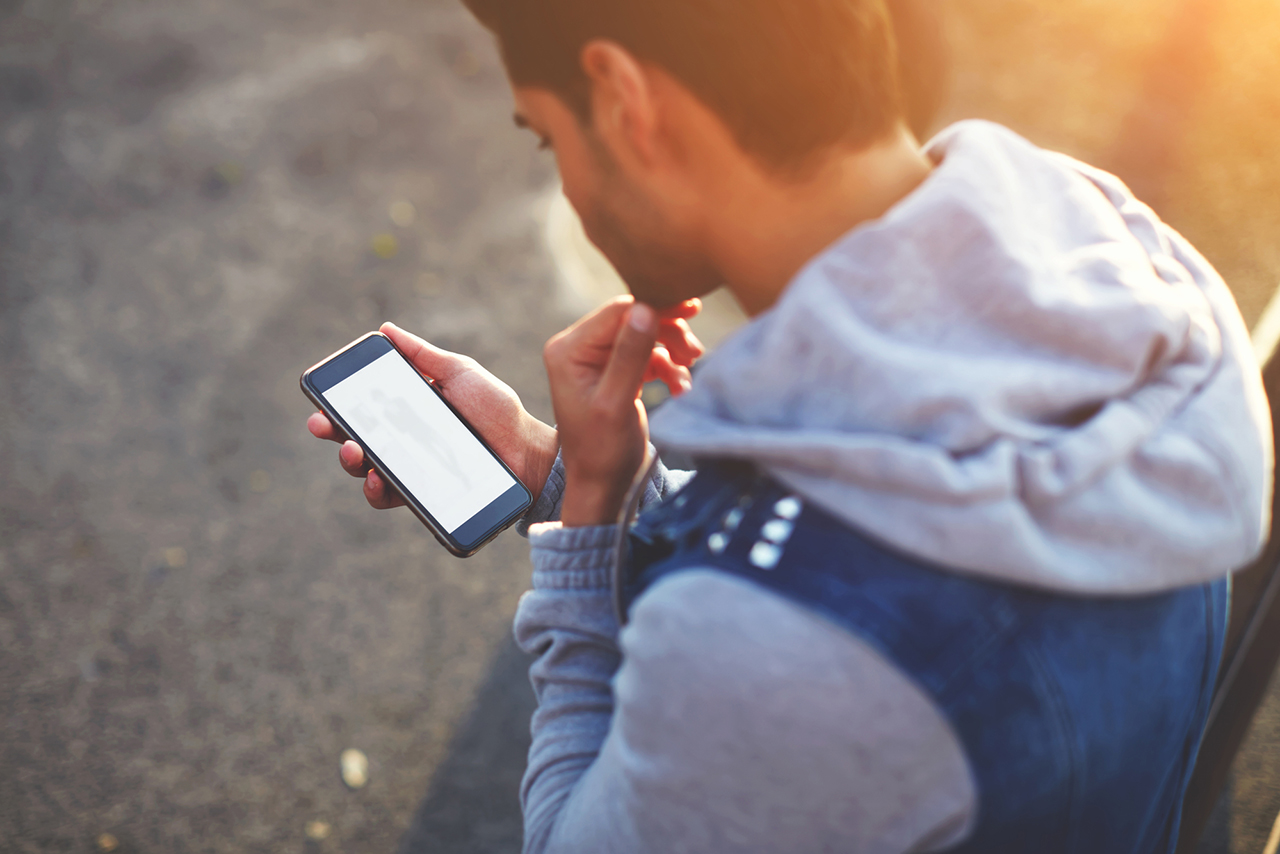Illinois State University’s Jianwei Lai is part of a team awarded with a $718,000 grant from the National Science Foundation (NSF) to develop a way to log into and use smartphones with one hand, and detect unauthorized access to a mobile device in a continuous manner. The grant, issued through the NSF’s Division of Computer and Network Systems, will aid in creating an authentication process, which can also be used by people with visual impairments.
“The interactions, such as strokes, that users make with their thumbs when working with smartphones can be very unique,” said Lai, who is an assistant professor in the School of Information Technology. “We can use these interactions to identify different users. This is what we call thumb biometrics.”
Lai and the rest of the team, who are located at the University of Maryland, plan to develop a system that can differentiate users’ identities based on their thumb biometrics. “If someone steals my phone, he may try to log in with my password. But the way I enter my password is different than the way the thief does it,” said Lai. “Our goal is to have a way for the phone to detect who is logging in based on the thumb biometrics.” The work is an extension of Lai’s doctoral research in information systems at the University of Maryland, Baltimore County when she developed a one-handed and sight-free keyboard to help people type on smartphones.
Joining Illinois State’s School of Information Technology in 2016, Lai said the work combines her original love of psychology—for which she earned her master’s degree—with an interest in how technology impacts humanity. “We are very connected to technology as a people,” said Lai. “So any way we can improve the path to technology for people especially those with special needs, the more connected we all are.”
In the future, Lai sees the work having potential benefits for all. “Say a person is trying to log into their phone while holding a cup of coffee,” said Lai. “In many situations, using a phone with one hand would be very nice.” She also noted the interdisciplinary nature of the work will promote teaching, training, and education in mobile security and privacy, human-computer interaction, and mobile accessibility.


